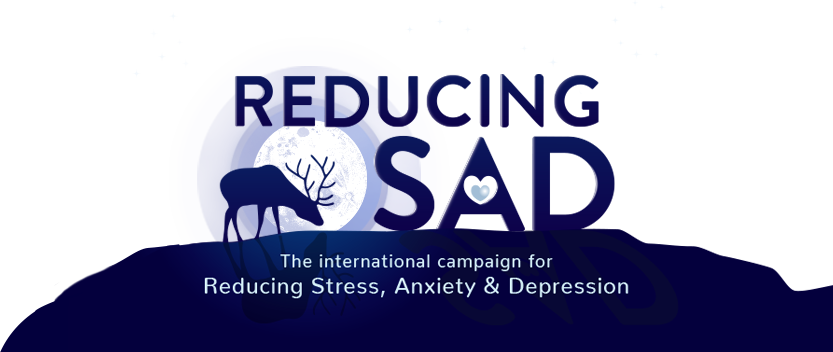8ii11 Study

It is our belief, based on clinical experience, that teaching children how to understand and skilfully manage their emotions will both lead to better emotional wellbeing during childhood and better equip them to cope with adolescence.

Our 8ii11 study intends to identify ways in which we can help 8-11 year olds understand their emotional wellbeing now and as they enter adolescence. It will investigate the usefulness of educating and training children during adrenarche in an emotional and endocrine monitoring programme.
It is a long-term study with two key objectives:
1)
To assess whether a preventative programme that equips 8-11 year olds with the knowledge, skills and habits to look after their mental health correlates with less incidence of SAD and better emotional wellbeing during this time.
2)
To monitor the children as they grow up and evaluate whether having undertaken such a programme in childhood provides a protective factor to their emotional wellbeing as they enter the more vulnerable teenage years.
The intention of our 8ii11 study is to help us to create and develop a preventative programme – one of our Milestones programmes – which will be called I Can Change My Mind.
